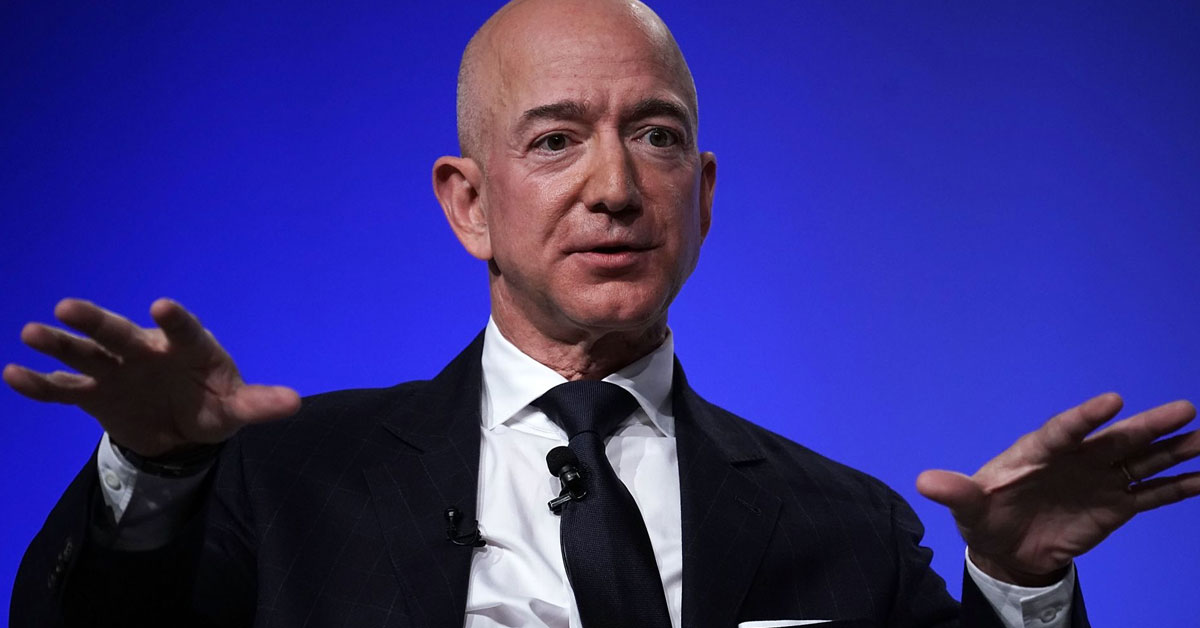Amazon Alexa transcripts cannot be deleted
You can delete voice recordings so Amazon can’t listen to your conversations with Alexa anymore, but text records are a different story.
Amazon doesn’t need to hear your voice recordings to know what you’ve said. It can read them, reports CNET.
After Alexa hears its wake word – which can vary from “Echo” to “Alexa” to “computer” – the smart assistant starts listening and transcribes everything it hears. That’s why when you check your Alexa dialogue history, you can see text next to the recordings like “How’s the Weather” and “Set an Alarm.”
Amazon lets you delete those voice recordings, giving you a false sense of privacy. But the company still has that data, just not as a sound bite. It keeps the text logs of the transcribed audio on its cloud servers, with no option for you to delete them.
“Here’s what I tell all of our business executives and consumers: ‘Delete’ is never really ‘delete,'” said Theresa Payton, a former White House chief information officer and founder of cybersecurity company Fortalice. “Delete just means that you can’t see it anymore.”
The company has sold more than 100 million Alexa devices, and it’s sitting on a massive amount of text data containing details on people’s habits and behaviours that isn’t deleted.
Amazon transcribes your voice data to text through a process it calls Automatic Speech Recognition, which then sends it to another process called the Natural Language Understanding System. The NLU system uses artificial intelligence to figure out what people really mean — so if you’re asking “how is it outside,” the system can infer that you mean to ask about the weather.
In a white paper on Alexa privacy and data handling published in July, Amazon said text data was stored “for machine learning purposes.” Amazon doesn’t delete that data until the machine learning training is completed. The company didn’t clarify how long that process is.
More Amazon news

Trump is targeting Amazon and Alibaba
President Trump signs trade memorandum on counterfeit products President Donald Trump puts Amazon, Alibaba, eBay and other online marketplaces on notice, signing a memorandum that aims to curb the sale of counterfeit items online. “This is a shot across...

Drunken online shopping is big business — especially for Amazon
Drunk shopping is an estimated $48 billion industry 85 percent of drunk shoppers visit and make ill-advised purchases on Amazon Tech and business newsletter The Hustle surveyed more than 2,000 alcohol-drinking adults about their online shopping behaviour...

Jeff Bezos: Smart people make decisions differently than everyone else
Smart people tend to change their mind a lot Smart people are open to new points of view, new information, new ideas, contradictions, and challenges to their own way of thinking Jason Fried, co-founder of Basecamp and co-author of the New York Times...



